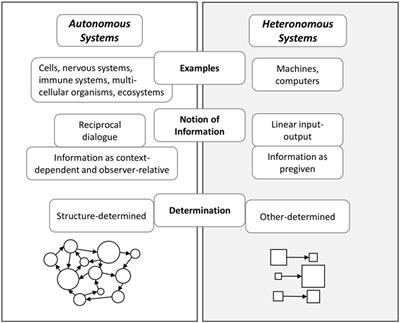Not in the drug, not in the brain: Causality in psychedelic experiences from an enactive perspective
Psychedelics are psychoactive substances that receive renewed interest from science and society.

Increasing empirical evidence shows that the effects of psychedelics are associated with alterations in biochemical processes, brain activity, and lived experience. Still, how these different levels relate remains subject to debate.
The current literature presents two influential views on the relationship between the psychedelic molecule, neural events, and experience: The integration view and the pluralistic view.
The main aim of this article is to contribute a promising complementary view by re-evaluating the psychedelic molecule-brain-experience relationship from an enactive perspective. We approach this aim via the following main research questions: (1) What is the causal relationship between the psychedelic drug and brain activity? (2) What is the causal relationship between brain activity and the psychedelic experience? In exploring the first research question, we apply the concept of autonomy to the psychedelic molecule-brain relationship. In exploring the second research question, we apply the concept of dynamic co-emergence to the psychedelic brain-experience relationship. Addressing these two research questions from an enactive position offers a perspective that emphasizes interdependence and circular causality on multiple levels. This enactive perspective not only supports the pluralistic view but enriches it through a principled account of how multi-layered processes come to interact. This renders the enactive view a promising contribution to questions around causality in the therapeutic effects of psychedelics with important implications for psychedelic therapy and psychedelic research.
Read the full article at the original website
References:
